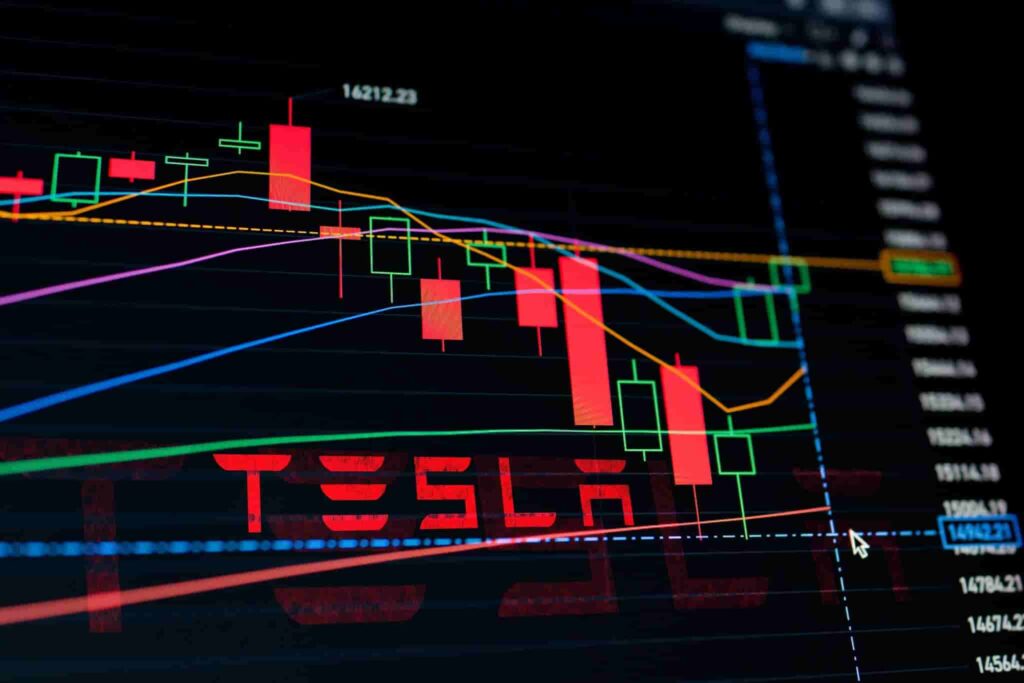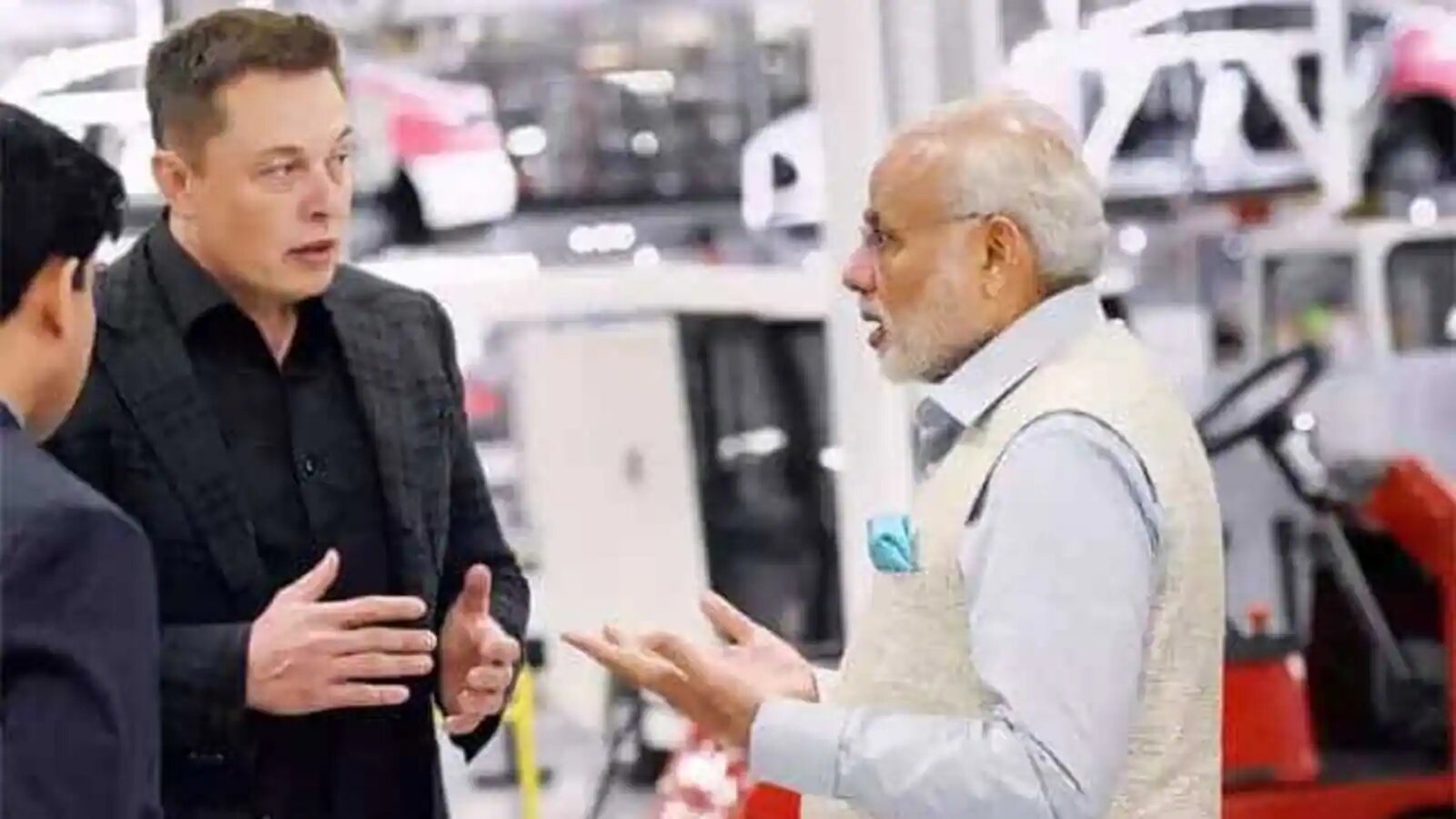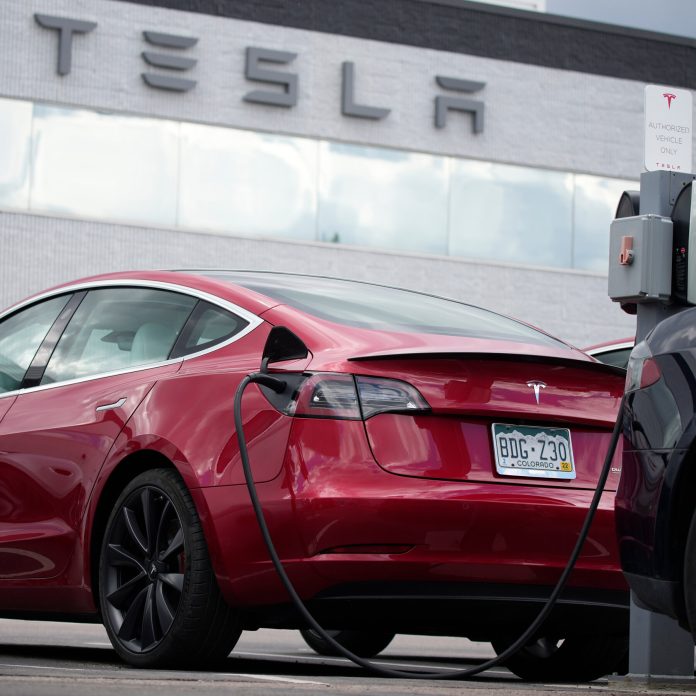Tesla recently slashed prices on three of its five models in the United States, signaling the challenges the electric vehicle giant, led by Elon Musk, is currently facing. The reductions apply to the Model Y, Model X, and Model S, while the prices for the Model 3 sedan and Cybertruck remain unchanged.
The decision came after Tesla’s stock price plummeted below $150 per share, wiping out gains from the past year, amid declining sales and heightened competition in the electric vehicle market.

Elon Musk took to X, formerly known as Twitter, to highlight that with federal tax credits and savings on gas, the entry-level price for a Tesla could be as low as $29,490.
However, industry analysts had been anticipating the release of a smaller electric vehicle, dubbed the Model 2, priced around $25,000. Reports suggesting Musk might abandon the project added to uncertainty about Tesla’s future direction.
The price adjustments followed a tumultuous week for Tesla, which announced a global workforce reduction of 10%, affecting around 14,000 jobs.
Additionally, the company issued a recall for nearly 4,000 2024 Cybertrucks due to a potential accelerator pedal issue that could lead to unintended acceleration and crashes.

Elon Musk revealed that he postponed a planned trip to India to meet with Prime Minister Narendra Modi due to “very heavy Tesla obligations,” expressing hopes to reschedule for later in the year.
Tesla is set to reveal its first-quarter earnings soon, following a sharp decline in worldwide sales during the period, attributed to increased competition and slowing growth in electric vehicle sales, despite previous price cuts.
This marked Tesla’s first year-over-year quarterly sales decline in nearly four years, underscoring the ongoing challenges facing the company amidst a rapidly evolving automotive landscape.
